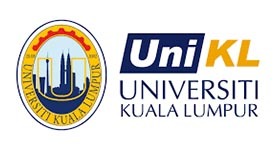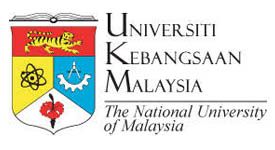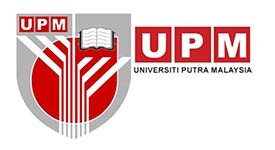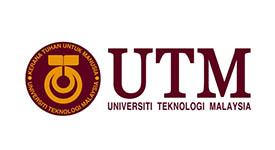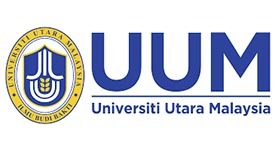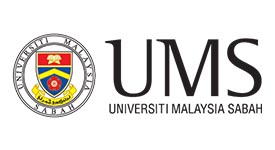Overview of Diploma in Electrical & Electronic Engineering in Asia Pacific University of Technology & Innovation
Malaysia
This APIIT Diploma in Electrical & Electronic Engineering is designed to provide:
The Diploma in Electrical and Electronic Engineering programme prepares you for careers in the Electrical, Electronics, Telecommunication, and Manufacturing environments. This programme offers a broad-based study in the areas of electrical and electronic engineering.
- A full range of modules in the electrical and electronic engineering spectrum is provided.
- Other skills necessary for the workplace are also provided. These include communication skills and life-long learning skills.
- You will be equipped with the knowledge and expertise to face the challenges of business development in a wide range of electrical and electronic industries.
PROGRAMME STRUCTURE
In this semester, students will be introduced to preparatory modules which would be essential for them to embark on their journey in completion of their diploma. Students will be taught English for writing, reading and speaking together with basic Mathematics, Mechanics and Computing. Students are also required to take one General Studies module as required by the Malaysian Qualification Agency.
|
Modules
|
- English for Academic Purpose
- Engineering Mechanics
- Foundation of Engineering Mathematics
- Practical IT Skills
- General Studies Module
|
Continuition from semester 1; students study Mathematics in more depth and are exposed in professional communication and business to prepare them with skills essential to prepare them in the working world.
|
Modules
|
- Professional Communications
- Business Environment
- Engineering Mathematics 1
|
In semester 3, students will continue studying Mathematics. They would also learn to construct simple logic circuits and to apply cocepts of magnetic and electrical field. In addition to these, they would be also learn on atomic structure, properties and failures of materials such as polymers and metal alloy.
|
Modules
|
- Engineering Materials
- Engineering Mathematics 2
- Electrical and Electronic Principles
|
From semester 4 onwards, students are introduced to core engineering modules. They would be learning on calculating currents and voltages in circuits using Kirchoff’s Law, network theorems and nodal and mesh analysis.They also learn about various types of instruments used for engineering measurements and has the opportunity to use them; preparing themselves with sufficient knowledge on lab equipments before they experience more labs in coming semesters. Students are also exposed to computer based 3D modelling, Boolean Algebra, Karnaugh map and construction of digital arithmetic circuits.
|
Modules
|
- Analysis of Circuits
- Communication Engineering Principles
- Design Principles
- Digital Electronics
|
Two of the modules in this semester uses programming languages. Students are taught on how to write assembly language programmes to programme the microprocessor and microcontroller and also to design, implement and test alorithms in C programming. In addition to this, students are also exposed to analogue circuits and its analysis.
|
Modules
|
- Microprocessor and Microcontroller Systems
- Analogue Electronics
- Problem Solving and Program Design using C
- Generation, Transmission & Protection
- Organisational Behaviour
|
During the final semester, students are taught to understand and solve problems involving three phase circuits, synchronous machines, transformers, transmission lines and power system protection, learn to interpret control process and transform the process into mathematical expression and learn on detailed construction, types, operating characteristics of DC & AC Machines and drives. Students also learn on modulation and demodulation of information carrying signals.
|
Modules
|
- Control Systems
- Electrical Machines and Drives
- Instrumentation and Measurements
- Final Year Project
|
Students will undertake an Internship/Industrial Training for a minimum period of 8 weeks to prepare them for a smooth transition from the classroom to the working environment.
* In addition to the above, all students are also required to successfully complete General Studies modules as stipulated by the Malaysian Qualification Agency, as well as fulfill credit requirements for Co-curricular activities.
ENTRY REQUIREMENTS
3 Credits in at least 3 subjects at SPM level including Mathematics and any Science Subject (Science, Physics or Chemistry) with a minimum of a pass in Bahasa Malaysia, Sejarah (History) and English;
3 Credits (Grade C & above) in at least 3 subjects at IGCSE/O-Levels including Mathematics and any Science Subjects (Science, Physics or Chemistry) with a minimum Pass in English at SPM/ O-Level/ IGCSE;
3 Credit (Grade B & above) in at least 3 subjects in UEC including Mathematics and any Science subject (Science, Physics or Chemistry) with a Pass in English;
Pass Sijil Tinggi Persekolahan Malaysia (STPM) or its equivalent with a pass in Mathematics, English and ONE (1) relevant science/technical/vocational subject at the SPM level;
Recognised Certificate in Engineering/Engineering Technology or its equivalent;
Recognised related Vocational and Technical/Skills Certificate or its equivalent with ONE (1) year of relevant work experience or a minimum of ONE (1) semester of a bridging programme;
A qualification that APU accepts as equivalent to the above.
ENGLISH REQUIREMENTS
• IELTS : 5.0
• TOEFL IBT : 35-45
• Pearson (PTE) : 36
• MUET : Band 3



